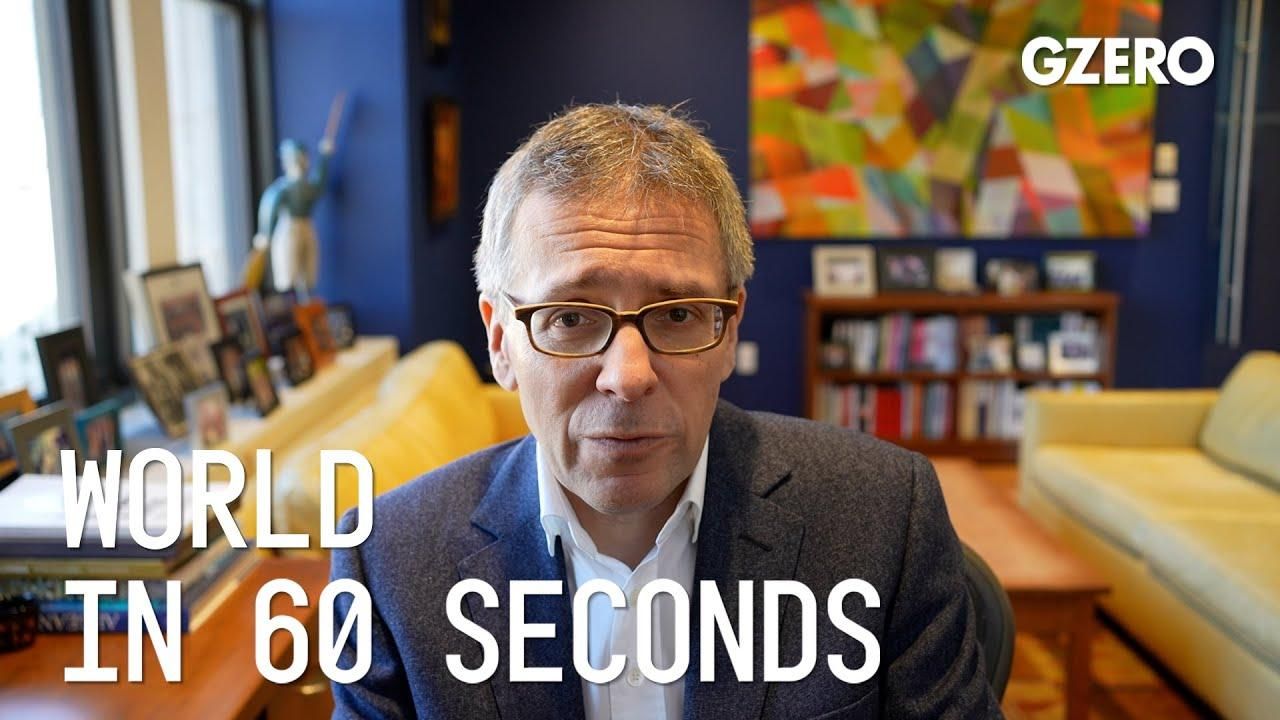
Will resignations and a political shake-up in Ukraine negatively affect its war efforts?
No, not at all. This is anti-corruption efforts, getting rid of a bunch of people that are seen as problematic in terms of skimming money within the government. Russia's been more corrupt than Ukraine historically, but actually, it's quite close. There's a lot of work to be done, and as people start thinking about Ukraine attracting major funds from the Europeans, the Americans, others, multilaterals to rebuild the country, they really need to make sure that the money is going where it needs to, and that means running the economy well. So this is the effort that's being tried here, but it doesn't really matter with the war effort at all.
How will Kevin McCarthy's planned visit to Taiwan further escalate tensions with China?
Well, the Chinese won't be happy about it, of course. I think that the level of Chinese retaliation will be lower than what we've seen with Pelosi, in part because Pelosi is seen as close to Biden and aligned with Biden policy. Even if Biden didn't want her to go with McCarthy, I think the Chinese understand that's not what we're talking about here, and also the Chinese are trying not to have escalation and creation of crises with the Americans. So specifically, I'm sure you'll see a bunch of military activities that'll occur, training exercises, missiles and the like in response to a McCarthy trip, but I don't think you would see the economic retaliation against Taiwanese entities on the ground. In fact, quietly, the Taiwanese are saying that they really don't need this McCarthy trip, and I also don't think you'll see a break in negotiations in diplomacy between the United States and China, as you saw after the Pelosi trip.
Pipe dream or real possibility: a common South American currency?
Pipe dream. This was the Argentine and Brazilian presidents getting together and saying that they're working on a currency, a common currency. They actually aren't, especially because the Argentine president is almost certain to lose upcoming elections and the opposition is going to come in, and the opposition opposes this. That makes it a dead letter, but there's so many other reasons why it's not plausible that you're going to get a common currency anytime soon. The chances of real movement in that direction in the foreseeable future are functionally zero.
- What We’re Watching: Armored combat vehicles for Ukraine, Biden’s border move, Bibi’s team vs. High Court, Assad’s new friends ›
- As inflation nears 100% in Argentina, the political class struggles to respond ›
- Hard Numbers: RIP wages in Argentina, Japan's missile arsenal, Mogadishu attack, Singapore’s big LGBT move ›
- What We're Watching: Sri Lanka's shrinking military, McCarthy's ... ›
- What We’re Watching: Israel’s mass anti-corruption protests, Sweden’s NATO own goal, Germany's mixed signals ›
- The Graphic Truth: Where corruption is rising, falling ›